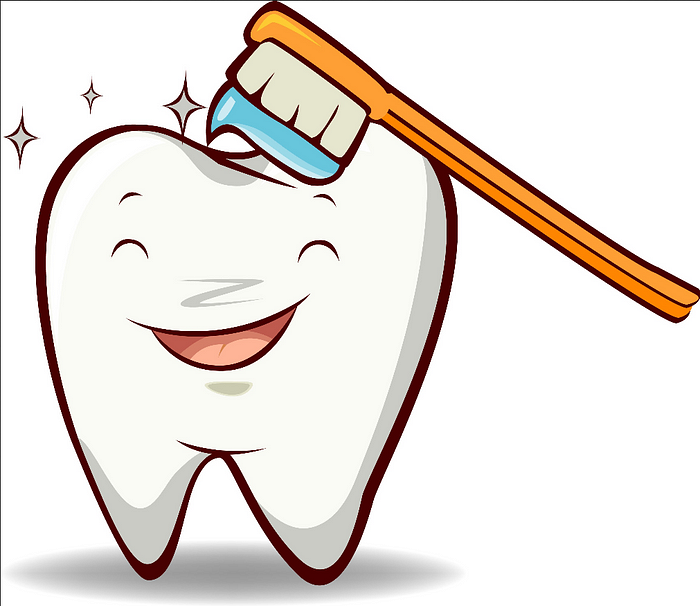Everything You Need To Know About Cavities

Cavities or tooth decay occur after a specific type of bacteria produces acids to destroy the tooth enamel and underlying layers.
Signs that you can check to find whether you have a cavity are tooth sensitivity and pain when you chew your foods.
Causes

Our mouth is home to several types of bacteria. Many of those types are harmful, while some are friendly. Cavity-producing bacteria build up on teeth to form a sticky film called plaque. These bacteria feed on food leftover particles and sugars. As a result, they produce acids that tend to dissolve the structure of dentin, a strong layer over the visible part of teeth. If this problem is left unattended, it can result in tooth decay, which is an initiation of the cavity formation process. A cavity is formed when this decay goes deeper and affects the underlying layer called dentin.
Diagnosis
Your dentist will see if you have a cavity by examining your tooth structure. He will also take x-rays tests to see whether the decay has reached the dentin or pulp of your tooth.
Prevention

If you do not have a cavity, all you have to do is make sure you don’t develop one. For this purpose, you will need to stick to a preventive oral care routine. It will involve the following steps.
- Brushing and flossing regularly: It will help prevent the buildup of dental plaque and bacteria on your teeth.
- Cutting on sugars and starches: You have to avoid eating starchy or sugary foods less often to prevent the production of any enamel-producing acids.
- Using fluoride toothpaste: The best thing about fluoride toothpaste is that it replenishes the lost tooth enamel structure to some extent. You can also take fluoride supplements if your dentist suggests that you need more fluoride.
- Using antibacterial mouthwash: These mouthwashes can help reduce the development of harmful bacteria that can cause cavities.
Treatment
If you have mild tooth decay, your dentist may decide to protect your teeth from further damage by applying sealants. If there is a deeper decay, the dentist may have to fill your tooth. And if the decay-causing bacteria has reached your tooth enamel, you may have to undergo the root canal procedure.
Complications
Leaving the cavity untreated can result in it delivering extra damage to your teeth. An uncontrolled cavity can destroy your entire tooth. A deeper cavity can cause an infection called abscess when it reaches the root of your tooth. At that point, the only way to treat this infection is the root canal. In a severer case, the dentist may choose to pull out the tooth.
Other related conditions
Cavities are a result of poor oral hygiene, which encourages the growth of bacteria in your mouth. While plaque contributes to the development of cavities, it also irritates your gums, resulting in gum inflammation. This inflammation is known as gingivitis, which is the initial stage of gum disease. Leaving this problem untreated can lead to periodontitis, which is a more advanced form of gum disease.
